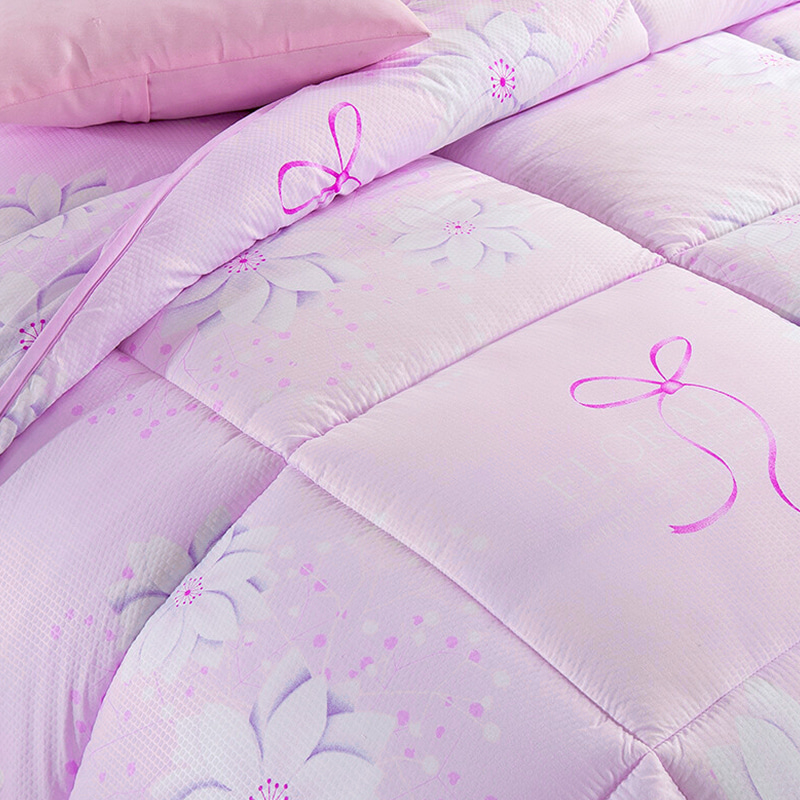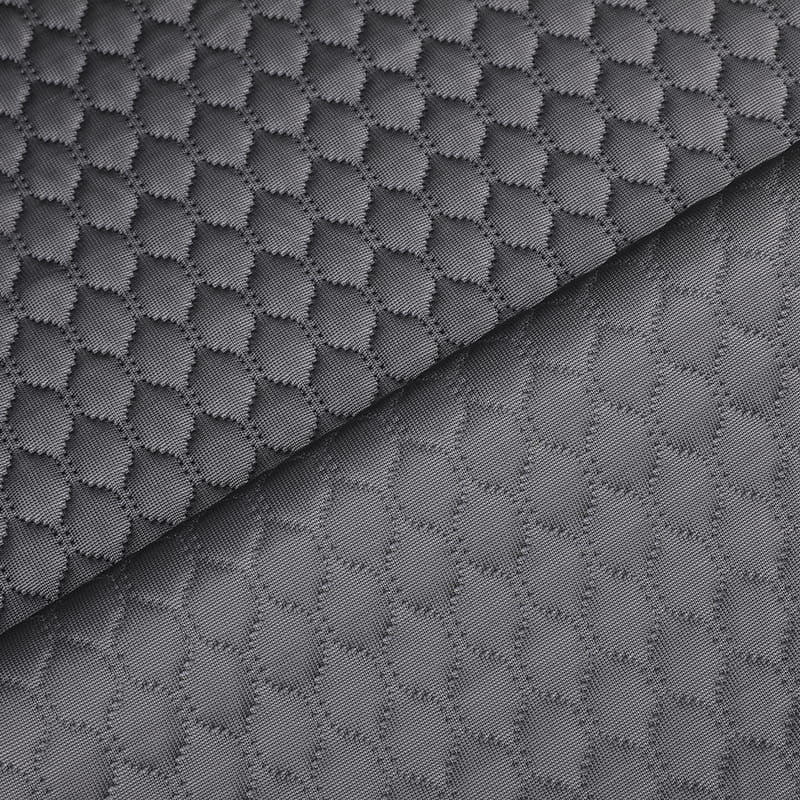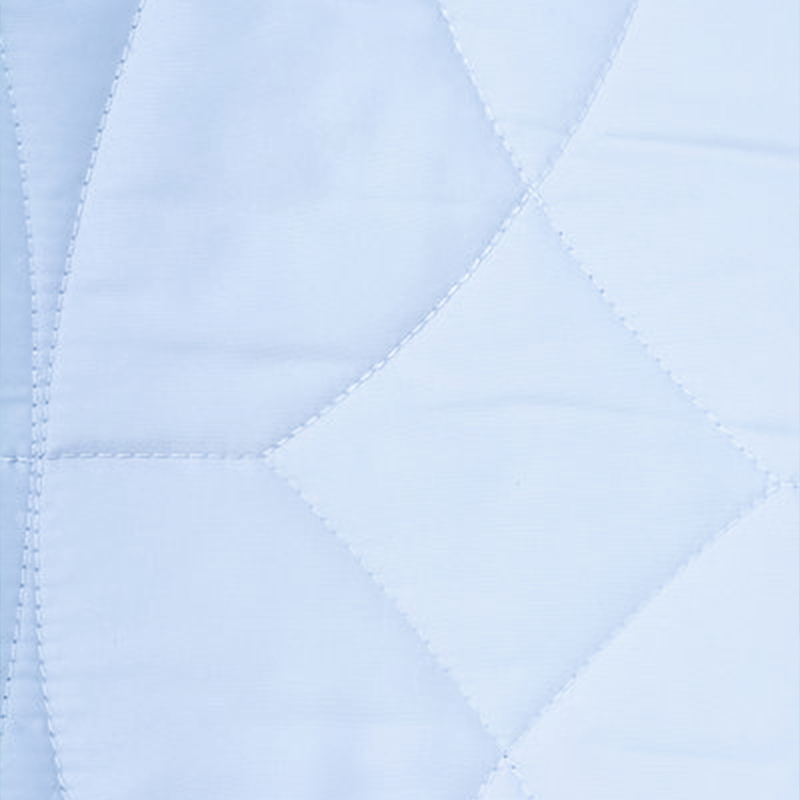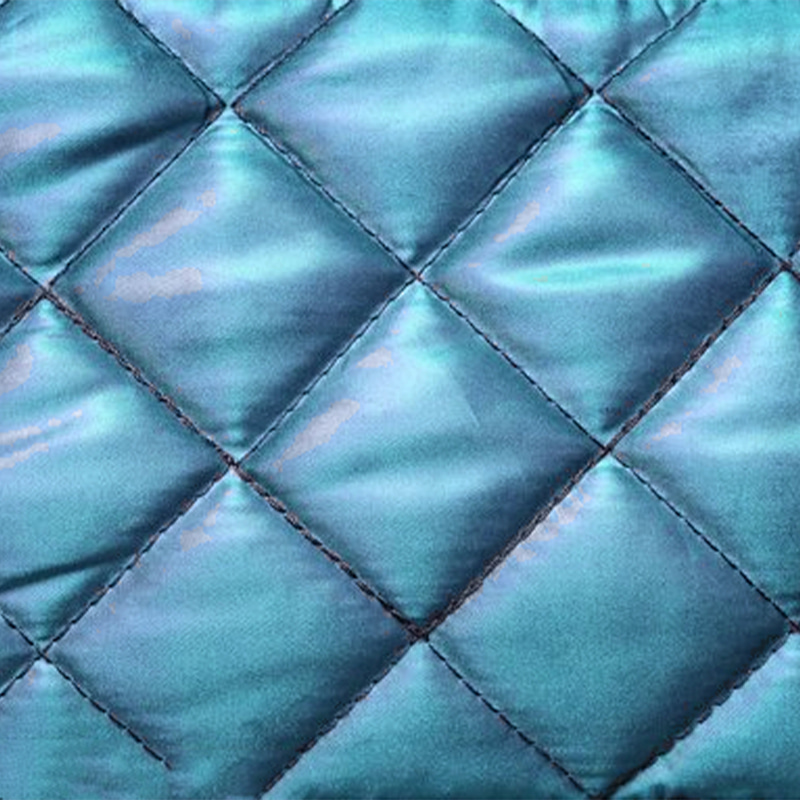Product Consultation
Your email address will not be published. Required fields are marked *
The global textile sector is experiencing significant transformation through advancements in knitted fabric technology. This versatile material continues to gain prominence across various markets due to its unique properties and adaptability. Knitted fabric manufacturing has evolved considerably, incorporating new techniques and materials that enhance both performance and sustainability. The continuous innovation in knitted fabric production demonstrates the industry's commitment to meeting evolving consumer demands and environmental considerations.
Modern knitted fabric offers distinct advantages over woven alternatives, particularly in terms of elasticity and comfort. The interlocking loop structure inherent in knitted fabric provides natural stretch and recovery properties that make it ideal for applications requiring flexibility and movement. This characteristic has made knitted fabric particularly valuable in apparel manufacturing, where comfort and fit are essential considerations. The breathability of knitted fabric also contributes to its popularity in clothing and other close-contact applications.
Technical innovations have substantially improved knitted fabric performance characteristics. Advanced manufacturing processes now enable production of knitted fabric with specialized properties including moisture management, thermal regulation, and enhanced durability. These developments have expanded the applications of knitted fabric beyond traditional uses into technical and industrial sectors. The versatility of knitted fabric allows manufacturers to create materials tailored to specific performance requirements across different industries.
Sustainability has become a crucial focus in knitted fabric production. Many manufacturers are incorporating recycled materials and developing closed-loop production systems that less waste. The efficient nature of knitted fabric manufacturing typically requires less water and energy compared to woven alternatives, contributing to reduced environmental impact. These eco-friendly initiatives align with growing consumer demand for sustainable textile options while maintaining the quality and performance expected from knitted fabric products.
The healthcare sector has emerged as a significant market for specialized knitted fabric applications. Medical textiles utilizing knitted fabric technology include compression garments, surgical meshes, and therapeutic supports. The precise control available in modern knitted fabric production allows manufacturers to create materials with specific compression levels, porosity, and biocompatibility required for medical applications. This expansion into healthcare demonstrates the adaptability and technical capabilities of contemporary knitted fabric manufacturing.
Automotive interiors increasingly incorporate knitted fabric for seating and interior components. The material's durability, aesthetic versatility, and comfort characteristics make it suitable for vehicle applications where both performance and appearance matter. Knitted fabric offers designers creative freedom while meeting automotive industry standards for safety and endurance. The adoption of knitted fabric in transportation applications continues to grow as manufacturers recognize its combination of practical benefits and design flexibility.
Smart technology integration represents the latest frontier in knitted fabric innovation. Researchers are developing conductive knitted fabric that can incorporate sensors and electronic components directly into the textile structure. These advancements open new possibilities for wearable technology and interactive textiles. The development of smart knitted fabric illustrates how traditional textile manufacturing is converging with electronic innovation to create new product categories.
The future of knitted fabric appears promising as technological advancements continue to expand its capabilities and applications. Ongoing research focuses on enhancing sustainable production methods, developing new fiber blends, and improving performance characteristics. As consumer preferences evolve and new market opportunities emerge, knitted fabric is well positioned to maintain its relevance through continuous innovation and adaptation to changing market needs. The material's inherent versatility ensures its continued importance across multiple industries and applications.
Your email address will not be published. Required fields are marked *








Add: Area A, Youbu Industrial Park, No. 2 Jujiang Avenue, Youbu Town, Lanxi City, Jinhua City, Zhejiang Province
Tel: +86-0579-88660111
Phone: +86-13033604159
WhatsApp: +86-18858109944
Email: sj@sjtextile.com
You can contact to me using this form.

 English
English русский
русский Español
Español 中文简体
中文简体